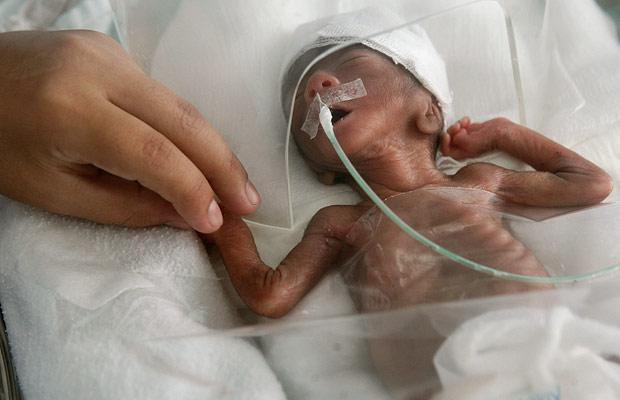Colorado pro-life leaders surpassed their goal this week to collect enough signatures for a ballot measure to protect unborn babies from late-term abortions.
The Denver Catholic reports pro-lifers with the Due Date Too Late campaign collected approximately 30,000 signatures between May 15 and 28. They need 10,000 additional signatures for the pro-life initiative to qualify for the November ballot.
“We are thrilled to take this next step towards protecting lives in Colorado by exceeding our goal of signatures we are turning into the Secretary of State,” said Lauren Castillo, spokesperson for the pro-life campaign. “The hundreds of volunteers we have who are so passionate about ending late-term abortion are helping to make this a reality.”
The campaign had about 400 volunteers involved in collecting the signatures, according to the report. Pro-life leaders said they plan to submit the notarized packets of signatures to the Colorado Secretary of State on Friday afternoon.
If enough signatures are deemed valid by state officials, Initiative 120 will be placed on the November ballot for voters’ approval. The ballot measure would prohibit abortions after 22 weeks when unborn babies are viable outside the womb. Exceptions would be allowed if the mother’s life is at risk.
The state Catholic Charities’ Respect Life Office, Colorado Republican Party and other Christian and pro-life organizations support the measure, the Colorado Times Recorder reports.
REACH PRO-LIFE PEOPLE WORLDWIDE! Advertise with LifeNews to reach hundreds of thousands of pro-life readers every week. Contact us today.
Denver Archbishop Samuel J. Aquila expressed joy at the news of the campaign surpassing its goal.
“Protecting children in the womb is an essential part of building a society that treats all life, no matter its age or ability, as sacred,” Aquila said. “God has given each person a dignity that comes from being made in his image and likeness, and the degree to which our laws reflect that will be the degree to which we experience true freedom and happiness.”
Colorado is very liberal politically, and pro-life advocates have had a difficult time passing moderate abortion restrictions there. Even fetal homicide laws to punish criminals who kill unborn babies in situations unrelated to abortion have been rejected repeatedly by the state legislature.
However, a 22-week abortion limit could gain the support of moderate voters who do not think abortions should be outlawed but do support modest restrictions. Polls consistently show that most Americans oppose late-term abortions after a baby is viable.
Pro-life advocates need at least 124,632 valid signatures from registered voters to include Initiative 120 on the ballot. In March, they submitted more than 135,000 signatures to the Colorado Secretary of State.
A few weeks later, however, the Secretary of State announced that only 114,647 of those signatures are valid, according to CPR News.
Pro-life advocates were given 15 additional days to collect the 9,985 signatures, but the campaign was delayed because of the coronavirus shutdowns.
A 2019 Gallup found that 60% of Americans want all (21%) or almost all (39%) abortions made illegal. Similarly, a Harvard CAPS/Harris poll found that just 6% of Americans said abortions should be allowed “up until the birth of the child.”
If the ballot measure passes, it could protect thousands of viable, late-term unborn babies from abortion. In 2015, there were 5,597 abortions after 21 weeks of pregnancy in the U.S., according to the Centers for Disease Control. However, the number almost certainly is higher. There are 11 states that do not report gestational age abortion data to the CDC.
Abortion lobbyists admit that most late-term abortions are done on healthy mothers carrying healthy babies. Guttmacher Institute statistics also confirm that “most women seeking later terminations are not doing so for reasons of fetal anomaly or life endangerment.”








